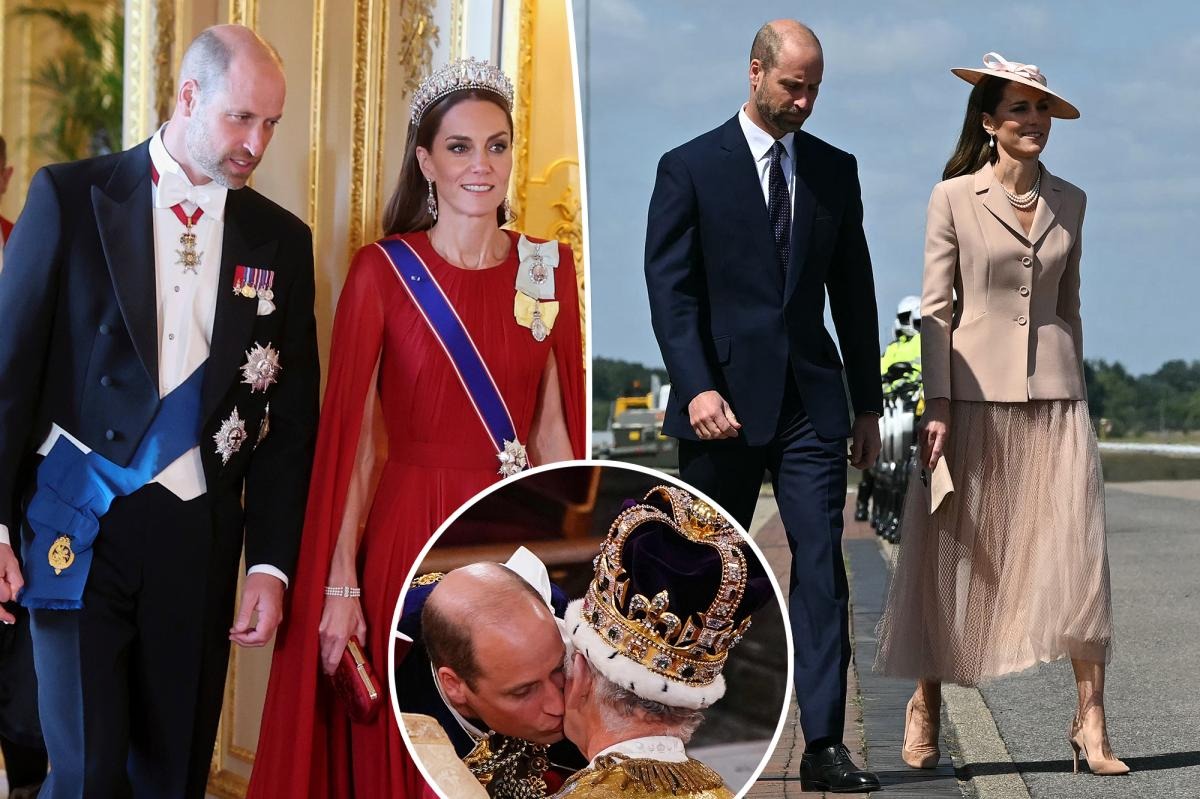The British monarchy has entered a new era under the reign of King Charles III, who ascended the throne in September 2022 following the passing of Queen Elizabeth II. As heir apparent, Prince William, Prince of Wales, stands next in line to become king. His responsibilities have expanded considerably over the years, reflecting his growing importance in shaping the monarchy’s future.
This article provides a fact-based overview of Prince William’s role, his duties as Prince of Wales, and the significance of his preparation for the throne — based only on substantiated information from official sources.
Prince William: A Brief Biography
Prince William Arthur Philip Louis was born on June 21, 1982, at St Mary’s Hospital, London. He is the eldest son of King Charles III and the late Diana, Princess of Wales. William was educated at Eton College, later studied at the University of St Andrews in Scotland — where he met his future wife, Catherine Middleton — and trained at the Royal Military Academy Sandhurst.
He served in the British Armed Forces for more than seven years, including active duty as a search-and-rescue pilot with the Royal Air Force. His military service provided him with leadership experience and a reputation for resilience and commitment.
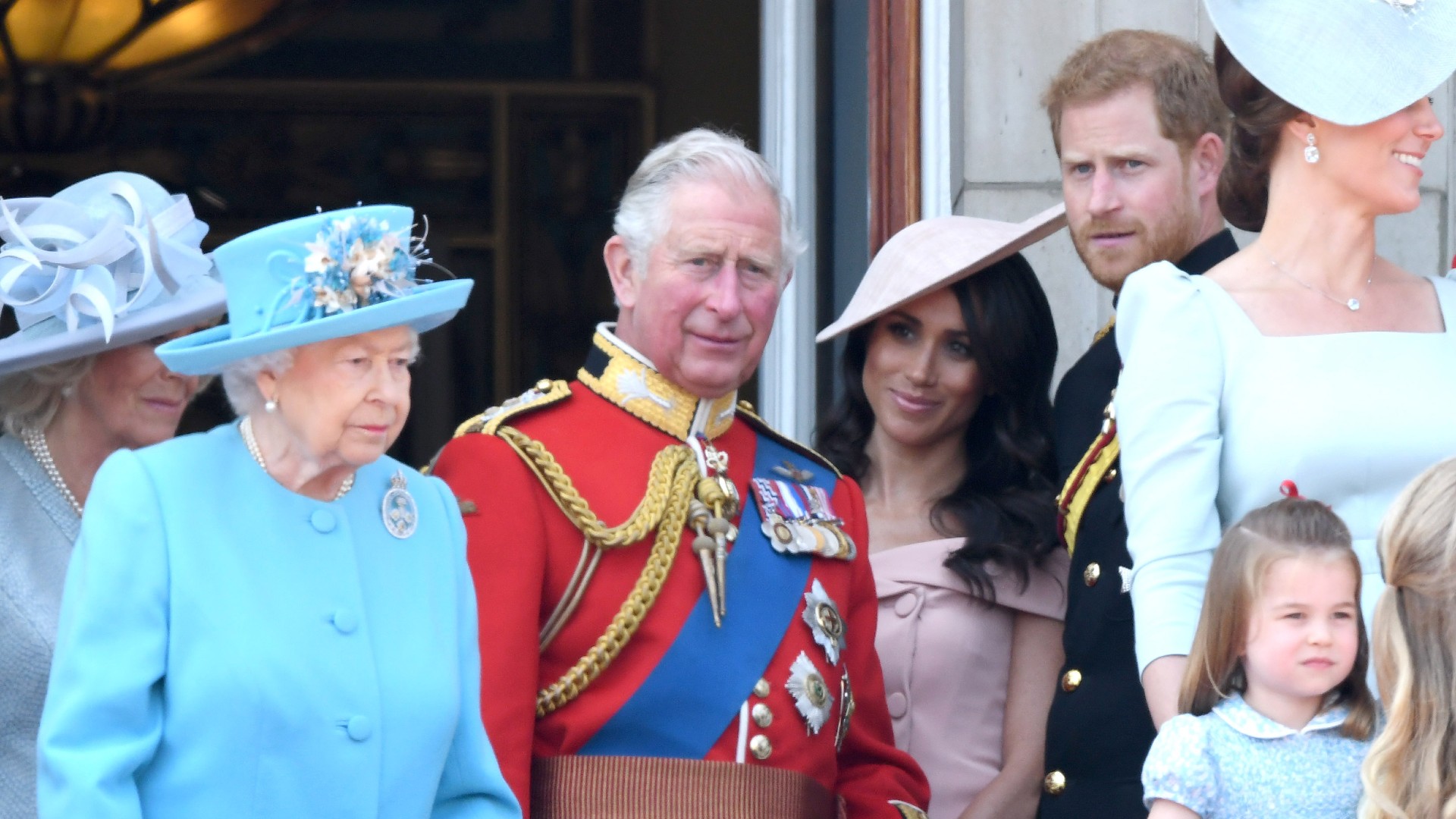
The Title of Prince of Wales
On September 9, 2022, King Charles III formally named Prince William the Prince of Wales, the traditional title for the heir apparent to the British throne. According to Royal.uk, the title has a history dating back to the 14th century and symbolizes the heir’s readiness to serve as the future monarch.
As Prince of Wales, William also holds the titles Duke of Cornwall, Duke of Rothesay, and Earl of Carrick, among others. These titles connect him to historic traditions in both England and Scotland.

Current Duties and Public Role
Prince William carries out a wide range of official duties on behalf of the King and represents the Crown at ceremonial, charitable, and diplomatic events. His responsibilities include:
- Environmental Advocacy: William is founder of the Earthshot Prize, launched in 2020 to encourage innovative solutions for climate change and sustainability. The initiative has gained international recognition and reflects his long-standing interest in conservation.
- Mental Health Awareness: Together with Catherine, Princess of Wales, William has championed campaigns such as Heads Together, aimed at reducing stigma and promoting open discussions about mental health.
- Charitable Work: As patron of numerous organizations, William supports causes related to homelessness, child welfare, and support for veterans.
- Representing the Monarchy Abroad: The Prince and Princess of Wales regularly undertake overseas tours to strengthen diplomatic ties and represent the UK internationally.
These duties reflect the gradual transition of responsibilities to William, preparing him for the demands of kingship.
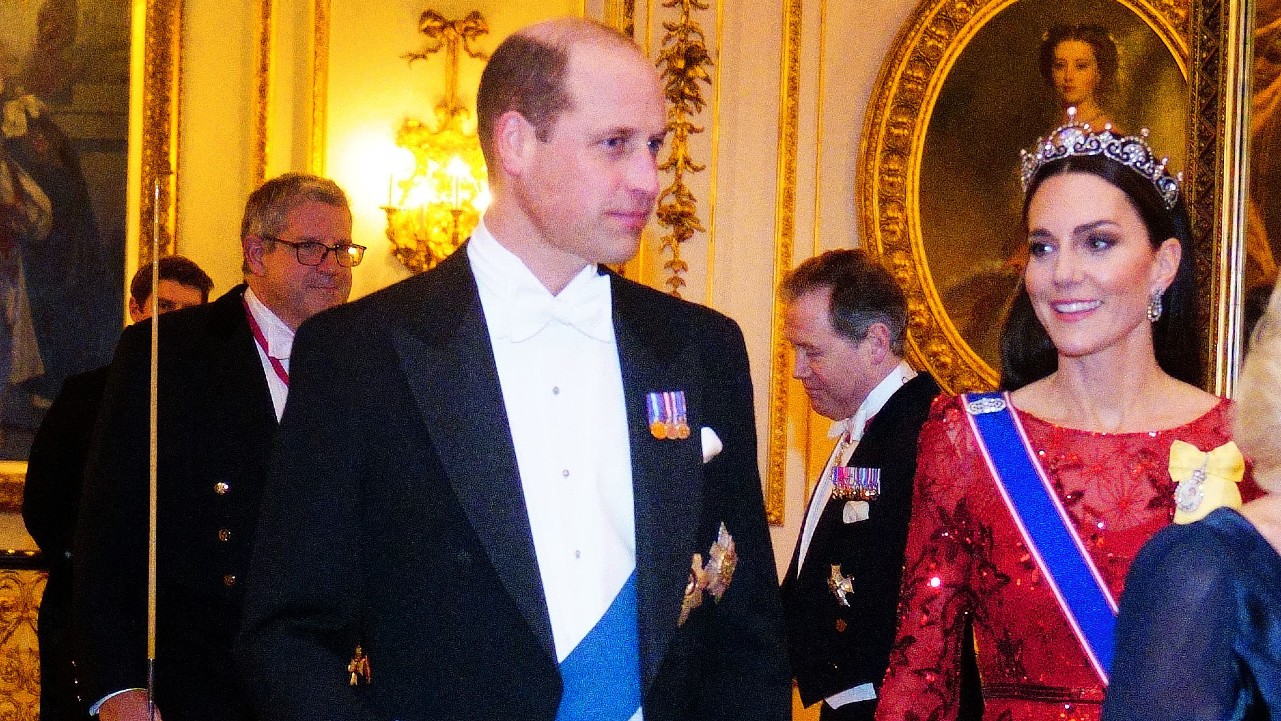
Relationship with the Public
Public perception is a vital part of the monarchy’s survival in the 21st century. According to polling by YouGov (2023), Prince William consistently ranks among the most popular members of the royal family. His reputation for duty, relatability, and family life with Catherine and their three children — Prince George, Princess Charlotte, and Prince Louis — has helped reinforce his image as a modern royal.
Prince William’s Family and Succession
Prince William and Catherine married in April 2011 at Westminster Abbey, in a ceremony watched by millions around the globe. They now have three children:
- Prince George of Wales (born July 22, 2013), second in line to the throne.
- Princess Charlotte of Wales (born May 2, 2015), third in line.
- Prince Louis of Wales (born April 23, 2018), fourth in line.
This places William directly after King Charles III in the line of succession, followed by his children. According to the official succession list published on Royal.uk, Prince Harry, Duke of Sussex, is currently fifth.
Preparing for Kingship
While Prince William has not yet assumed the role of monarch, preparation for the throne is an ongoing process. Key elements of his preparation include:
- Gradual Increase in Duties – William has steadily taken on more responsibilities, including representing the Crown at state events and ceremonies.
- Focus on Modernization – His initiatives, such as the Earthshot Prize, highlight an effort to align the monarchy with pressing global issues.
- Strong Partnership with Catherine – The Princess of Wales plays an essential role in supporting William’s duties, reflecting the importance of shared responsibilities in the modern monarchy.
- Global Representation – By leading diplomatic trips abroad, William is gaining vital experience in statecraft and international relations.
The Monarchy in the 21st Century
The British monarchy has survived through centuries of change by adapting to new challenges. In the 21st century, issues such as transparency, accountability, and relevance dominate public discussion.
Prince William’s work demonstrates a clear recognition of these priorities. Through mental health advocacy, climate change initiatives, and engagement with younger generations, he seeks to position the monarchy as responsive to public needs and concerns.
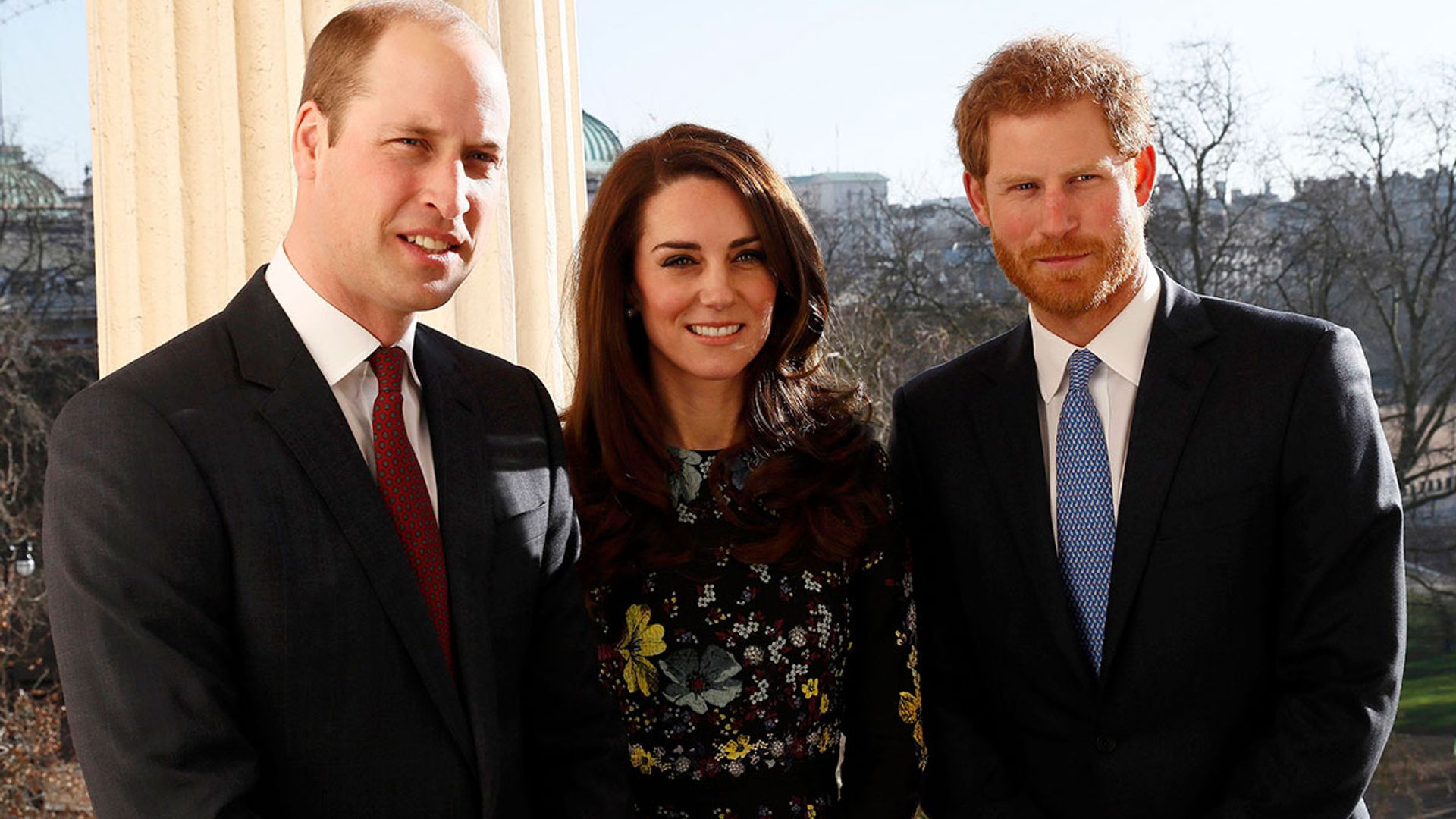
Challenges Ahead
While this article avoids speculative commentary, it is a fact that the monarchy faces structural challenges, including:
- Public Opinion – Support for the monarchy, though still strong, varies across age groups and regions, according to surveys from Ipsos and YouGov.
- Commonwealth Role – As head of the Commonwealth in the future, William will inherit responsibility for a global organization of 56 member states.
- Balancing Tradition and Modernization – Adapting royal traditions to align with contemporary values remains a central task for the next generation.
These challenges underscore the importance of Prince William’s ongoing preparation for his eventual role as king.
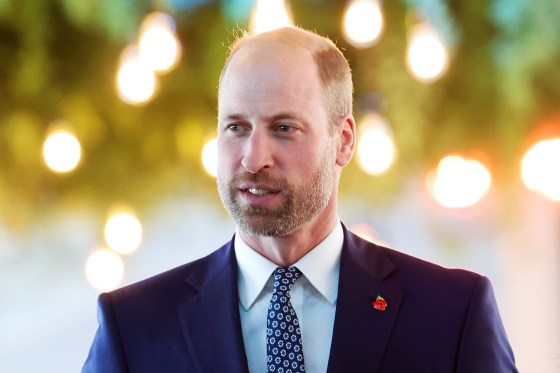
Conclusion: Prince William’s Path Forward
Prince William, Prince of Wales, continues to play a central role in shaping the future of the British monarchy. His dedication to environmental action, mental health advocacy, and public service reflects the monarchy’s effort to remain relevant in modern society.
While the responsibilities of kingship remain ahead, William’s current role demonstrates careful preparation for the future. His popularity, family life, and evolving public duties place him in a strong position to succeed his father and guide the monarchy into a new chapter.
